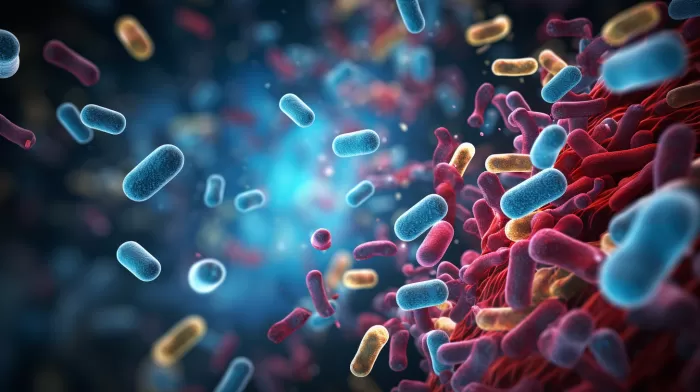Every year, over 100,000 people are diagnosed with colon cancer in the United States. March is recognized as National Colorectal Cancer Awareness Month. However, looking after your colon health should be a priority all year round. The large intestine, or colon, is often only thought about when it causes discomfort. However, we have numerous tools to take care of our colon health and prevent colorectal cancer.
Risk Factors for Colon Cancer
Several well-known risk factors for colon cancer include a family history, lifestyle choices, and pre-existing conditions like Crohn’s disease. One of the best ways to reduce your risk of colon cancer is through diet and exercise, which are beneficial for many other health conditions.
Your meals should be centered around lean proteins, whole grains, fruits, and vegetables. High glycemic index foods, like sugars and simple carbohydrates, should be avoided. An increase in dietary fiber can help slow down changes in blood sugar.
When it comes to exercise, even a 30-minute brisk walk per day can significantly improve your colon health and overall well-being.
The Microbiome and Colon Cancer
The digestive tract is home to billions of beneficial bacteria that help with digestion and other functions, making it a habitat for tiny flora – known as the “microbiome.” Although the microbiome was an understudied aspect of human health for some time, research now shows that an overgrowth of harmful bacteria may be linked to long-term, chronic health problems.
One study from 2012 suggested that E. coli bacteria might play a role in cancer development. Researchers found much higher levels of a specific strain of E. coli in people with inflammatory bowel disease and colon cancer. Scientists believe that the DNA damage caused by these bacteria may result in cellular changes that lead to cancer.
Given the known protective effects of healthy bacteria against various diseases, it’s essential to maintain a healthy balance of good gut bacteria. A proper diet and targeted supplementation provide the best support.
Diet and Gut Bacteria
Researchers who discovered the potential link between E. coli and colon cancer also studied how different foods impact E. coli movement in the gut. They found that plantains and broccoli reduce the number of harmful bacteria being taken in by cells, while fat emulsifiers found in processed foods increase E. coli uptake.
Probiotics and Detoxification
One of the most effective ways to support a healthy microbiome is by consuming probiotic-rich supplements and cultured foods like yogurt and sauerkraut. Reintroducing healthy bacteria into the digestive tract can boost immunity, improve nutrient absorption, and provide many other health benefits.
Regularly removing toxins from the body is also important. Modified citrus pectin (MCP) is highly recommended for eliminating heavy metals and environmental toxins from the digestive system. MCP supports healthy inflammation responses and overall cellular health.
An ancient Tibetan herbal formula has been found in research to inhibit certain strains of harmful bacteria, including two forms of E. coli. This formula also supports circulation and healthy inflammation processes.
Screening for Colon Cancer
No prevention method is foolproof, so it is crucial to get screened for colon cancer. For people aged 50 or older, colonoscopies can detect early signs of the disease. If you have a family history of colon cancer, consult with your physician to determine whether you should be screened at a younger age. Adopting preventive measures and utilizing early detection methods can save lives.



